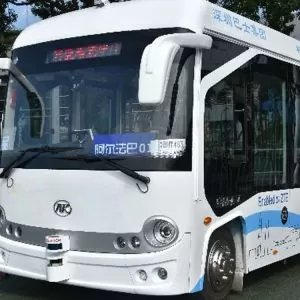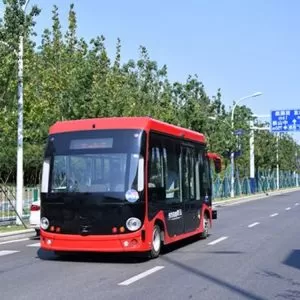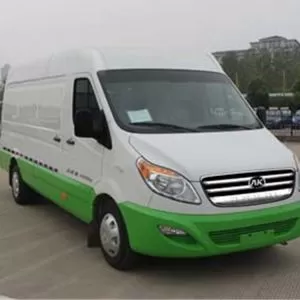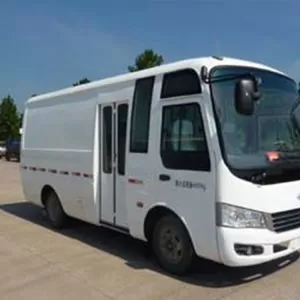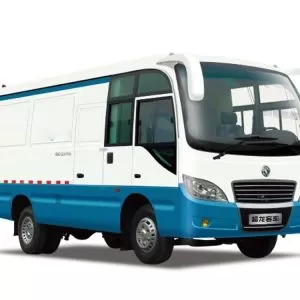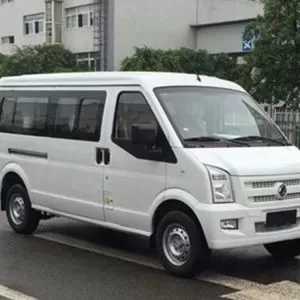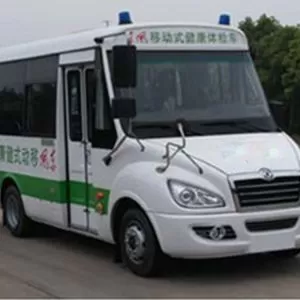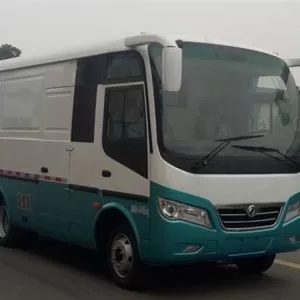Show description
Passenger vehicles, along with trucks and tractors, all fall under the commercial vehicle category. A passenger vehicle is a commercial vehicle designed specifically for the transportation of passengers and their carry-on luggage, typically with a passenger capacity (including the driver) of nine or more. Its classification system is as follows:
1. Classification by Specification
Microbus: ≤3.5 meters in length, with a limited number of seats (e.g., seven);
Small bus: 3.5-7 meters in length, with 8-19 seats;
Medium bus: 7-10 meters in length, with 20-39 seats;
Large bus: 10-12 meters in length, with 40 or more seats;
Extra-large bus: includes articulated or double-decker buses, with a length of 12 meters or more.
2. Classification by Purpose
City Bus: Features a standing area, suitable for public transportation with frequent stops;
Highway Bus: Does not have a standing area, focusing on comfort for long-distance transport;
Tourist Bus: Emphasizes comfort and prohibits standing passengers;
Special Purpose Bus: Includes specialized vehicles such as school buses and airport shuttles.
3. Classification by Structure
Single Bus: Basic vehicle, generally no longer than 13.7 meters;
Articulated Train: Two carriages connected by an articulated plate, up to 18 meters in length;
Bus design emphasizes safety and functionality, and must comply with commercial vehicle regulations. Different models are suitable for diverse scenarios, ranging from urban commuting to long-distance transport.

